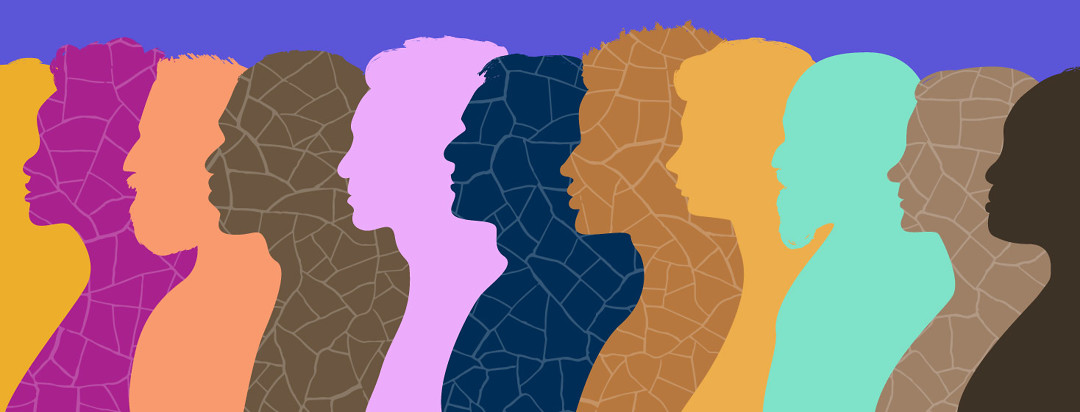Are There Health Disparities in Psoriasis Treatment?
Psoriasis is a chronic autoimmune condition that can be found in people all over the world. The most common type of psoriasis is called plaque psoriasis. It affects between 85% and 90% of people with the condition.1
Psoriasis appears as red, raised, scaly, patches on the skin that are often covered by silvery scales. It can be itchy and painful, and the affected skin can sometimes crack, bleed, and ooze.2 These symptoms result from an overactive immune system, which causes skin cells to grow too quickly.3 This immune dysfunction is behind the redness, inflammation, and itching associated with psoriasis.
How is psoriasis treated?
Although there currently is no cure for psoriasis, it can be managed with a combination of medications, lifestyle factors, and home remedies. The specific treatments that are most effective depend on the severity of the disease.2
Psoriasis tends to come in cycles, with periods of more severe symptoms, called “flares,” followed by periods of relative relief, called remission. Psoriasis often shows up differently for different people.
Most people are treated using a combination of:
- Medications
- Lifestyle modifications
- Home remedies
- Light therapy
- Alternative medicines
Psoriasis is less diagnosed in people of color
Although psoriasis affects people of all races, it is diagnosed less frequently in African-Americans, Latinos, and Asians.4 It is hard to get much information about the numbers of people with the disease, but a few studies have shown that about half the number of African-Americans as Caucasians are diagnosed with psoriasis.5
Quality of life is worse for people of color with psoriasis
Even if fewer people of color have the disease, multiple research studies have shown that people with darker skin are more affected by psoriasis than Caucasians, both physically and psychologically.4
African-Americans with the disease often have more, bigger patches of psoriasis than Caucasians. And the disease can show up differently – for example with more areas of darkening skin than in lighter-colored people. Doctors and researchers note that this skin discoloration can often be distressing to people of color, even more so than the plaques and patches of itchy, oozy skin.5
A study conducted by the National Psoriasis Foundation in 2009 found that people of color experienced more embarrassment, frustration, anger, and self-consciousness as a result of their psoriasis.4
Fewer doctor visits for people of color
Despite the fact that their psoriasis is often more serious and distressing, people of color see doctors much less often to treat their psoriasis than white people do. A recent study showed that non-Hispanic minorities are 40% less likely to see a dermatologist than white people. This includes blacks, Asians, native Hawaiians and Pacific Islanders, and others.6
African-Americans receive fewer biologic treatments
Studies around health disparities often focus on income levels and financial differences among people. When it comes to psoriasis, people with less money and worse health insurance receive fewer of the newer, more expensive medications, like biologics. But even aside from money considerations, African-American seem to take fewer biologics than Caucasians.7
More negative attitudes among black people about biologics
A recent study conducted by researchers at the University of Pennsylvania aimed to understand the difference in numbers of white and black people receiving biologic medications for psoriasis.8
The research team surveyed adults with psoriasis using techniques to identify peoples’ attitudes about different kinds of psoriasis treatment. People who didn’t already know about biologic medicines were more worried about them than people who had experience with them. Black people were especially concerned about biologics, citing words like “unfamiliar,” and “dislike needles,” when hearing of them. The researchers think that this difference in attitudes might be connected to the lower use of biologics among black people with psoriasis.
Community Poll
Does your psoriasis management change with the seasons?

Join the conversation